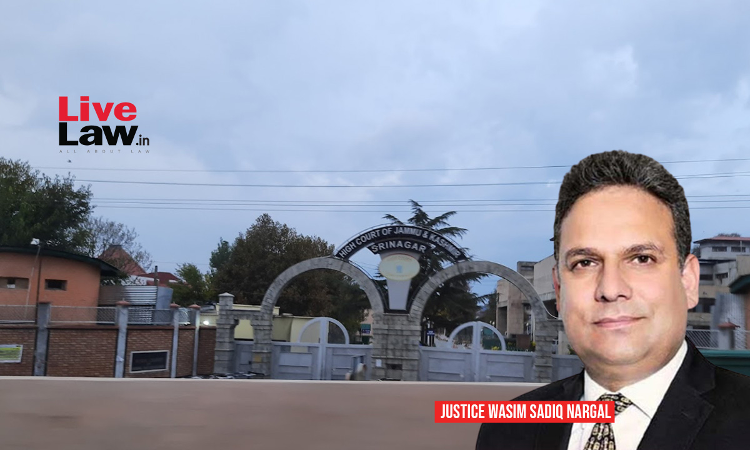Jammu & Kashmir High Court Quashes Order Repatriating Employee To Parent Department After 21 Yrs
Basit Amin Makhdoomi
31 July 2023 2:03 PM IST

Next Story
31 July 2023 2:03 PM IST
Shedding light on the law related to the timeframe for repatriating an employee to his parent department after his deputation, the Jammu & Kashmir High Court has ruled that an employee, who has been permanently absorbed into a borrowing department/organization and whose lien has been terminated in their parent organization cannot be repatriated to their parent organization.“Once...
